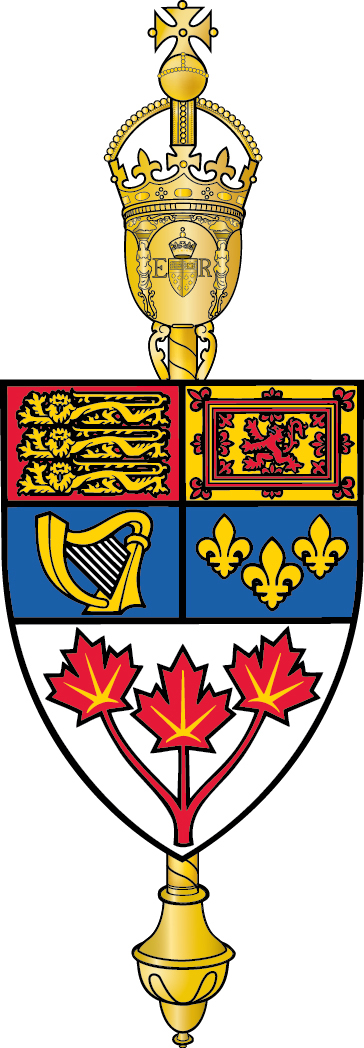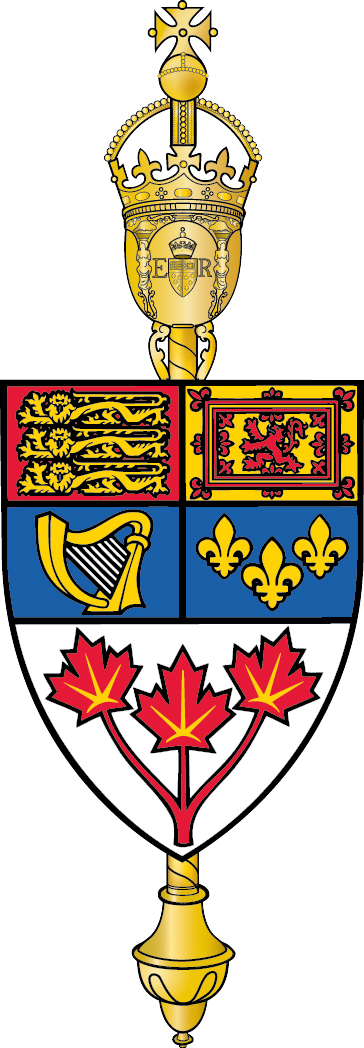HISTORIC COVID-19 PLAN PROVIDES CANADIANS WITH
THE SUPPORT THEY NEED TO GET THROUGH THE
ECONOMIC CRISIS
July 8, 2020 Ottawa, Ontario
Department of Finance Canada
The COVID-19 crisis is the challenge of our generation. The Government of Canada has
responded with rapid and broad-based emergency support measures to protect the health and
economic well-being of Canadians.
Today, Finance Minister Bill Morneau presented an economic and fiscal snapshot. The federal
government has used its strong fiscal position to stabilize the economy and support Canadians by
putting in place the largest economic aid package in generations.
While the toll of COVID-19 on the broader economy in 2020 is expected to be the largest and
most sudden economic contraction since the Great Depression, measures to flatten the pandemic
curve in Canada are paying off, and efforts are underway across the country to safely and
gradually reopen the Canadian economy.
The actions and investments of governments across
Canada to date have helped us get this far. But the road towards recovery remains long and
uncertain. Today, and in the months to come, our economic health will largely depend on our
public health.
Canada’s COVID-19 Economic Response Plan is ensuring Canadians have the support they need
to put food on the table and keep a roof over their head. Representing nearly 14 per cent of
Canada’s gross domestic product (GDP), the Plan includes more than $230 billion in measures to
protect the health and safety of Canadians and provide direct support to Canadians, businesses
and other employers, and up to $85 billion in tax and customs duty payment deferrals to meet
liquidity needs of businesses and Canadian families.
CERB
As of June 28, the CERB has provided support to 8.16 million individuals.
CEWS
The CEWS has supported about three million employees by helping them stay in the workforce or return to work.
CCB top-up
Approximately 3.7 million families benefitted from a special one-time $300 top-up of the CCB for each child.
GST Credit top-up
12 million low and modest-income individuals and families received a special one-time payment through the GST credit. On average, single adults received $400 in additional benefits, and couples almost $600.
CESB
Over $1.4 billion to over 600,000 students. It provides a $1,250 base benefit amount to eligible students, and an additional $750 per month to those with dependents or a disability.
OAS/GIS one-time payment
6.7 million seniors are receiving a one-time tax-free payment of $300. 2.2 million of which, who are also eligible for the GIS, will also receive an additional $200.
CEBA
As of July 3, 688,000 applicants have been approved for CEBA.
With comparatively low levels of debt, the Government of Canada has the room to borrow and
support the Canadian economy. In fact, even given Canada’s increased borrowing needs due to
the COVID-19 response, public debt charges are expected to fall in 2020-21, as a result of
historically low borrowing rates.
Through responsible fiscal management, the government is building a bridge from an emergency
to a safer place where we can build a more resilient economy for the future.
The government will continue to ensure Canadians are supported through this crisis and stands
ready to take additional actions to mitigate the impacts of the pandemic.
Quote
“The COVID-19 pandemic has had a major impact on the social and economic well-being of
Canadians in every part of the country. For many it has meant lost jobs, lost hours and lost
wages. Our government has understood, from the moment this pandemic began, that it was our
role to step in to support Canadians and stabilize the economy. Our investments have meant that
Canadians and Canadian businesses, instead of drowning in debt and closing up shop, will be
better positioned to get back at it. As economies gradually and safely reopen, we will continue to
ensure that Canadians have access to the support they need.”
– Bill Morneau, Minister of Finance
Quick facts
Today’s economic and fiscal snapshot noted that:
As businesses and many sectors of the economy closed or curtailed their activities as a result
of the pandemic, the Canadian and global economies took a severe hit. In Canada, 5.5 million
Canadians – 30 per cent of the workforce – either lost their jobs or saw their hours
significantly scaled back over March and April.
Private sector economists expect an annualized decline of over 40 per cent in Canada’s real
GDP in the second quarter of this year. They expect the economy to contract by 6.8 per cent
in 2020 as a whole, its sharpest drop since the Great Depression, before rebounding by 5.5
per cent in 2021.
There are now growing signs that the worst of the economic shock is behind the Canadian
economy, as the gradual and safe reopening of the economy continues. The shape of
Canada’s economic recovery is uncertain and highly dependent on public health.
The decisive and substantial support provided through the government’s economic response
plan helped prevent further costly damage to the Canadian economy by replacing the more
than $40 billion lost in labour income, preventing the contraction in real GDP to reach over
10 per cent in 2020 and the unemployment rate to rise by a further 2 percentage points.
The temporary measures implemented through the government’s economic response plan
will have a significant impact on the federal deficit. Coupled with the severe deterioration in
the economic outlook, these result in a projected deficit of $343.2 billion in 2020-21.
While this year’s deficit estimate is elevated, the government’s response is in line with the
fiscal response deployed by other comparator countries. Coming out of the crisis, Canada is
expected to maintain its low debt advantage among G7 countries. The government’s
commitment to maintaining this advantage will help ensure that future generations are not
burdened with COVID-19 related debt.
Related products
Economic and Fiscal Snapshot 2020
Associated links
Canada’s COVID-19 Economic Response Plan
Media may contact:
Maéva Proteau
Press Secretary
Office of the Minister of Finance
[email protected]
613-369-5696
Media Relations
Department of Finance Canada
[email protected]
613-369-4000
General enquiries
Phone: 613-369-3710
Facsimile: 613-369-4065
TTY: 613-369-3230
E-mail: [email protected]

